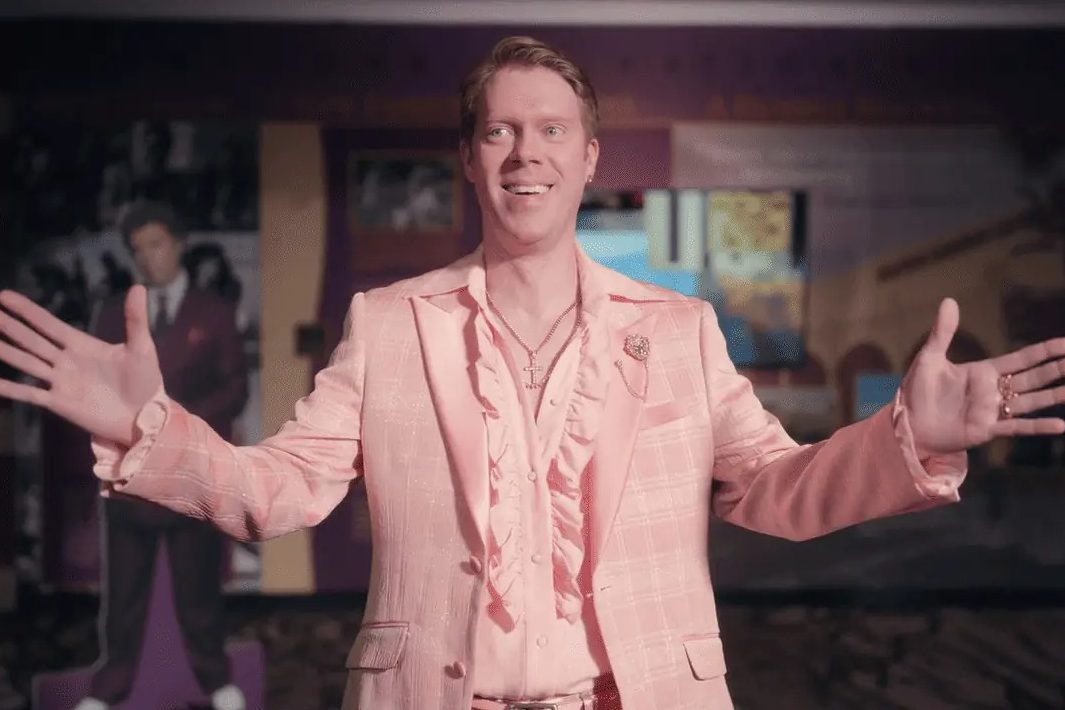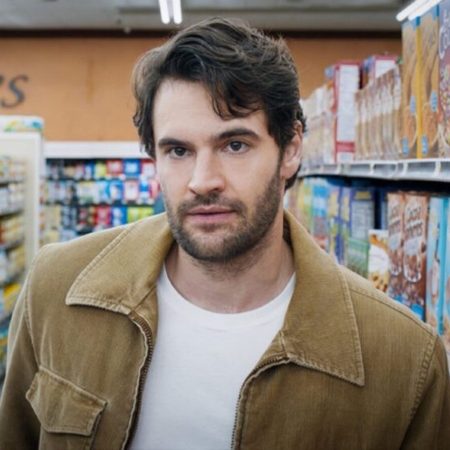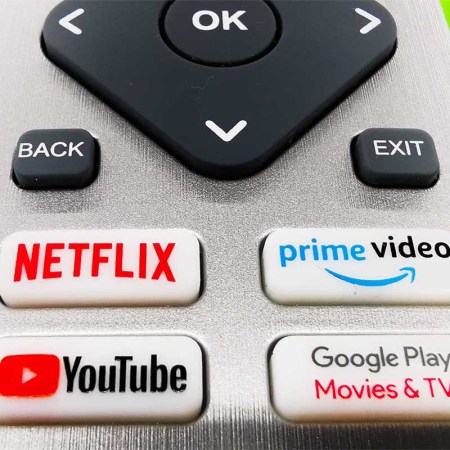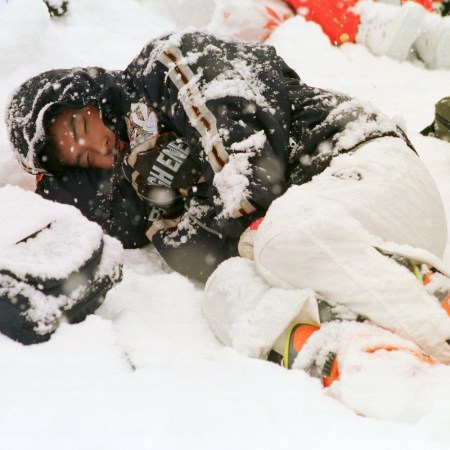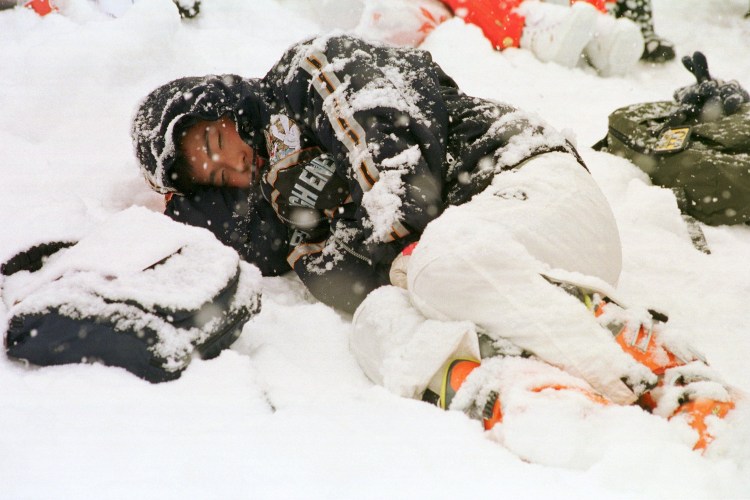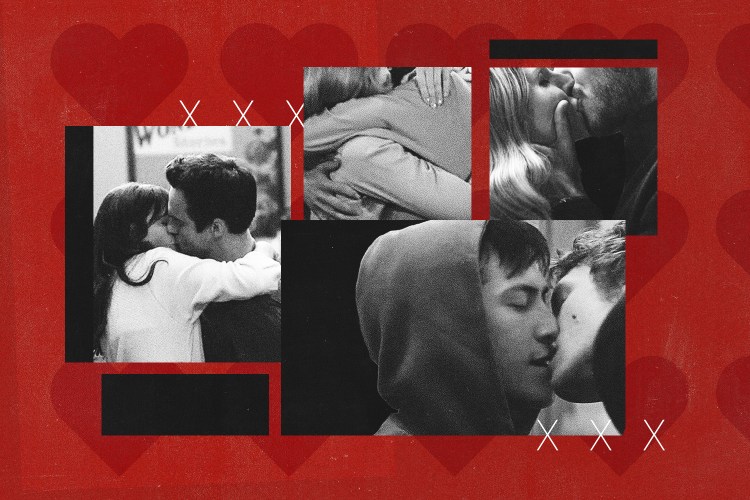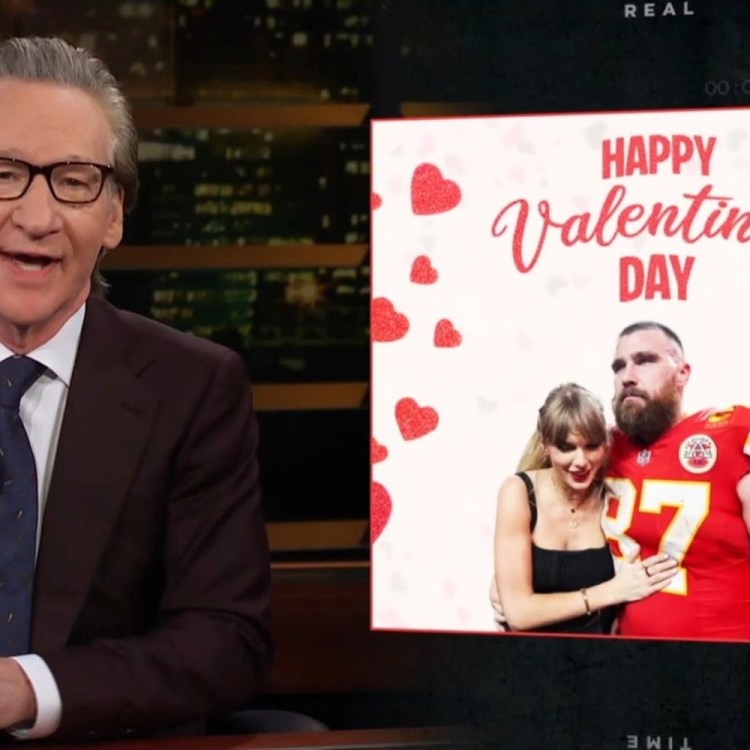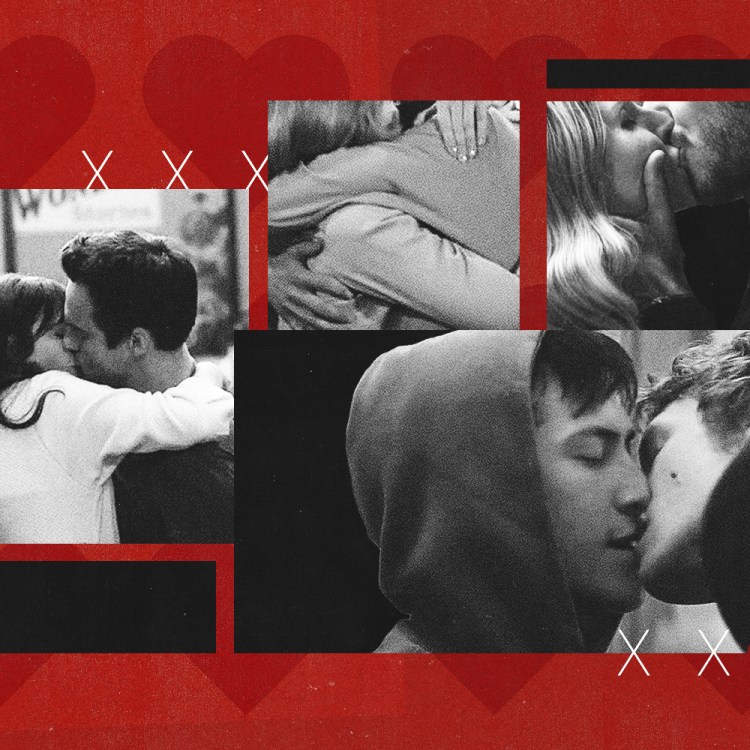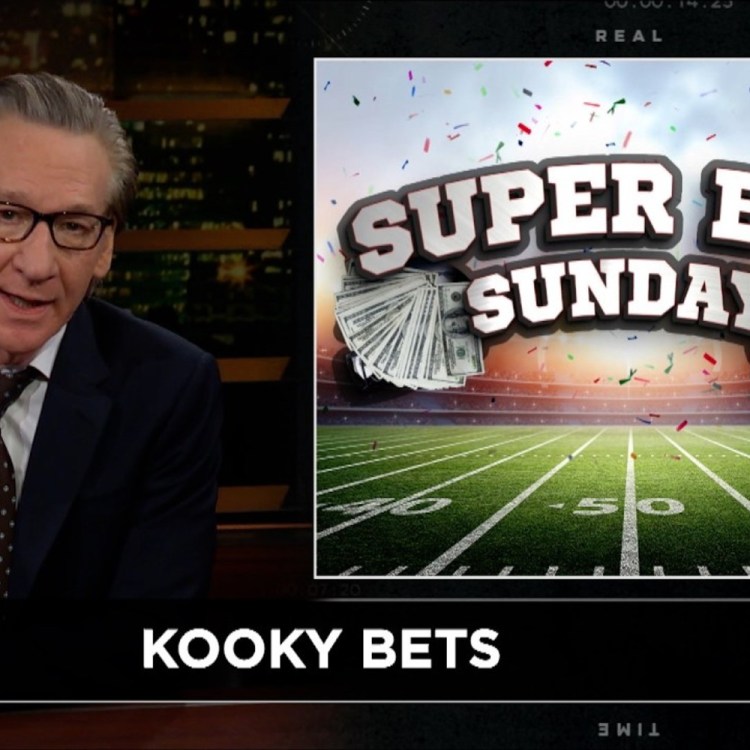As a kid growing up in Joliet, Illinois, Tim Baltz lived near five prisons. There was the state prison on the outskirts of town, the Will County prison, a women’s prison, a massive juvenile detention facility and Joliet Correctional Center, which is closed now, but which featured prominently in the beginning of The Blues Brothers. Everyone’s parents worked for the penal system at some point, Baltz says, including his dad, who taught English and speech in one of the facilities before his son was born.
It’s that kind of hard-working Midwest grit that has helped Baltz grind out a career in Hollywood, where he’s charmed fans on shows like The Righteous Gemstones, Veep and The Opposition With Jordan Klepper. He’s also put his Chicago improv background to good use, becoming a beloved return guest on podcasts like Comedy Bang Bang!, where his characters all tend to have a bit of Midwestern zeal.
InsideHook talked to Baltz about getting deplatformed, the characters he loves to play the most, and how growing up religious helped him find his Gemstones swagger.
InsideHook: Let’s talk about The Righteous Gemstones, because your character, BJ, is really facing down a marriage crisis in the new season. He doesn’t know it yet, but his wife cheated on him and everyone knows it. How are we going to see that whole scenario play out? I feel awful watching, because he’s like this adorable little puppy that you know something’s going to happen to.
Tim Baltz: Well, his love for Judy is unconditional and so that probably puts some blinders on. When we were filming the pilot, I sat down with Danny [McBride] and the show’s executive producers and Danny said, “BJ is the eyes of the audience within the show. Part of what we loved about your test at HBO was that your reactions seemed to really clock the family’s behavior the way that the audience would.” So, he’s been very keen to keep that as part of the character.
I think, to a certain extent, he has to just love Judy unconditionally and accept all this chaos and turmoil. He doesn’t quite understand it, but it’s just going to continue happening. So this season is interesting, because it starts to really land in his lap for the first time. It’s not family drama. It’s his drama.
Will he understand why she did it, or try to change himself to meet her? It’s not like he did anything wrong.
That’s the most interesting part. His love is so unconditional for her, so when a betrayal like that happens, if you find out about it, you have to really go deeper into your love for somebody and try to understand, “Okay, is this something that I want to get past? Or is this broken?” He’s going to have to ask himself if the magic is gone.
The Gemstone world is a very aggressive, dramatic, toxic environment, and so you’ll have certain people telling them what they should do or what they shouldn’t do, and all that advice will be in conflict with each other. You’ll probably have Jesse and his friends saying, “You need to get revenge,” and you’ll have Judy pleading for forgiveness. Normally he would grant that forgiveness pretty easily if it wasn’t something so extreme, but I think that this is the biggest test that they have to face because it goes beyond Judy’s personality, which can mirror her brothers and be toxic at times.
Is he going to let this change not just their relationship, but himself? That’s the big question.
It doesn’t seem like Judy’s former paramour is going to go quietly, either.
No, he wasn’t very relenting. He’s a pretty persistent guy. I love Stephen Schneider, the actor who plays Stephen. He’s just so fun to play with. He was just an absolute gem of an addition to the cast and getting to kind of lock horns — literally, which you’ll see eventually in the season — was a real treat.
The show is big with a capital B. There are big characters, big personalities and a lot of drama that feels ridiculous, but there’s also a grain of truth to it in the sense that there’s some sentiment and some emotion that we can still understand and feel. Where do you personally find truth in the show?
I grew up in a conservative religious town, but I wasn’t exposed to mega-churches until high school or college. It wasn’t an evangelical town. But I was very familiar with all these themes of piety, hypocrisy and the kind of judgment that comes in those circles. But also, there is a lot of unconditional love and people who are imperfect, but they’re trying their best.
What’s frustrating about those environments is going to church every week where people are talking about these values, and then seeing that people are not living those values. If you make a mistake, they judge you and it’s like, “Wow, it’s literally in the Bible. It says, ‘Judge not lest ye be judged.’” I might have been raised the most religious out of anyone else in the cast, and I’ve found that it actually helps the character, even though he’s a nonbeliever going into season one. I’ve always felt like BJ was the most pious in a sense, or at least I was going to play him that way, because the character needed that in order to make his relationship with God make sense.
I’m not like BJ at all in real life. I mean, I would like to say that I share the character’s kindness and generosity, but I think that people have probably projected that type of BJ character onto me in the past because I was nice. I listened to the values that I heard growing up and I tried to live them, and in this society that usually gets you walked all over. That’s a lesson anybody has to learn. Going into the show, I reflected on that a little bit, and to be honest, the first time that I read the pilot it just made sense. A lot of times you’ll get an audition and it doesn’t click right away. You have to sit with it. You have to look at different angles. You have to figure out how you’ll play it. You have to do some guesswork, and it either works or it doesn’t. With this one, I was working at a job in New York and I hadn’t auditioned for anything else in like a year, and I was like, “I’ll do this audition because this job should be mine.” It made so much sense to me and I knew exactly how to play it. I knew who these guys were. I’ve seen guys like this my entire life.
Now, when I meet people, it’s so funny. Women will come up to me and be like, “I want to introduce you to my husband,” and I can just tell, “Oh, man. This guy’s such a BJ.”
How are you different?
I grew up playing a ton of sports, and I’m very competitive. I’m outspoken and a bit anti-authority. I could never, never date a controlling ballbuster. I don’t like it when people speak to each other like that in a relationship, but I also understand how some people enjoy it or how some people feel like it’s normal or even exciting, so I don’t have any judgment for the character.
Understanding the differences between me and the character has actually helped, because if something is happening, I’ll think, “My normal reaction in real life would be to stand up for myself, so why isn’t this character doing that right now?”
Adam Pally on Pandemic Comedy, Miami and Why It’s Always Better Working With Friends
His new movie “Who Invited Charlie?” hits theaters this FridayLet’s move over to Comedy Bang Bang! where you’ve been a fan favorite for years playing characters like Don Darling, a Wisconsin sugar daddy who owns three Culver’s locations, urinal ice aficionado Randy Snutz, and Darren Matichek, who owns the National Bobblehead Museum and Hall Of Fame. Are your most popular characters also the ones you love the most, or are there ones that you adore but that you wish were more appreciated?
Oh, yeah, absolutely. I even waited like six years to do Skipp Dribbles again for that reason.
I came up in sketch and improv and so I’ve seen a lot of stand-up. I just needed to make fun of bad stand-ups, which, to me, bad male stand-ups are just talking about how they’re alcoholics and they love masturbating, and I was like, “Well, that’s not enough to go on. I don’t want this to just seem like I’m making fun of stand-up,” so I also made him a huge basketball fan, which I am. I only did that once and it got such a positive reaction, but I said, “We can’t do this in studio again. I can only do it live,” so I did it live on the last Comedy Bang Bang! tour.
There was another one called Tom Boreman who was the executive vice president at LinkedIn. I only did it once on tour but people quote it to me all the time, and it’s like, “I could do that again but it feels so specific.” The one that I love doing the most is Randy Snutz. He is so my hometown. I’m so tickled that people get it. I thought no one would but instead, people from all over the country were like, “I grew up with that guy.” Honestly, one out of every seven or eight guys that I grew up with sounded exactly like that. Some of them dropped out of high school and some of them had perfect SAT scores. It made no sense. It’s just an accent that I try to put some Midwest flavor into.
You know, I’m a fan of CBB first and foremost, but I’d listen to the show and think, “There aren’t that many Midwest characters on this.” It’s like that on TV, too. The coasts get the Midwest very wrong. When we were making Shrink, which is on Peacock now, we shot in Chicago and we tried to make it authentic to our lived experience there. It’s almost too authentic, in that people don’t get how much we nailed Peterson Park or Budlong Woods, or all these tiny neighborhoods on the north side of Chicago.
And you even have a Randy Snutz podcast now as part of CBB World.
That’s one of my favorite things that I’ve ever done in my life. I’m so proud of that. Dan Lippert, Mary Sohn, Lily Sullivan and Brett Morris… all the guests that we’ve had on… I stand by that. I think it’s legitimately one of the funniest things I’ve ever done.
Speaking of Lily Sullivan: You two are married. How do you separate your home life and your comedy life?
It has to be both. We’ve been working and writing with each other, and we’re good audience members for each other, but when you’re both in the same field, you have to take time off from that and you have to really communicate efficiently about what you need. “Hey, I’m showing you something and I need your full attention,” or “I’m showing you something and I actually just need you to be like a cheerleader right now.” “I need you to tell me what doesn’t work in blunt terms.” You have to learn each other’s needs and communicate your own needs in order to spare each other’s feelings or to not hurt one another.
You mentioned Shrink earlier, and that was a show you sold to Seeso, which was a streamer that folded in 2017 before the show actually premiered. Then it kind of languished for a few years, and now it’s on Peacock. You were also on Bajillion Dollar Properties with Paul F. Tompkins and Drew Tarver, among others, and that was on Seeso before bouncing around for a bit and then landing on the VOD sites. What do you think when you hear about streaming services like Max or Paramount Plus pulling down shows they produced for tax breaks, since you were sadly on the forefront of the whole “content disappearing” phenomenon?
In a way, Seeso was a sign of things to come or a harbinger. It breached this weird gap where millennials were cutting out cable, but it was before people understood what streaming was. I remember people were scoffing at Seeso being $3.99 or $4.99, like “Oh, my God, I can’t believe I’m being asked to do this.” There were certain comedy communities in New York that were really bad-mouthing it. And then fast forward five or six years and everyone is subscribed to seven or eight different streaming services and they all cost between $8 and $15 and nobody complains about it. It’s just like, “Well, that’s the landscape.”
An all-comedy streamer should exist. Something that cheap should exist. It’s just that, in hindsight, it was this really quaint product that did not have a great name, it didn’t have a great font and the colors of the font were not good, and also the site crashed a lot. There were four strikes against it. But in terms of watching things disappear from the platform, it was also very ahead of its time. I wish everything could just be available for purchase. If you’re gonna deplatform something, fine, but put it up on iTunes or some digital marketplace.
It’s so silly, like I get that you’re not going to make a killing putting these episodes up for digital purchase, but you’ll make some money, and the creators and the people involved will make some money. That’s what happens when the people that actually make things are no longer in charge and it’s just business people in charge. They don’t actually care about the model of creation itself. They just care about cutting costs. And so now we have this dumb shell game where people are trying to sell down their debt before they sell everything off for pieces. It’s so clear what’s happening. All I can say is that hopefully the strike — or strikes — will help.
This article appeared in an InsideHook newsletter. Sign up for free to get more on travel, wellness, style, drinking, and culture.
